1. We’re more sensitive to the smell of rain than sharks are to blood
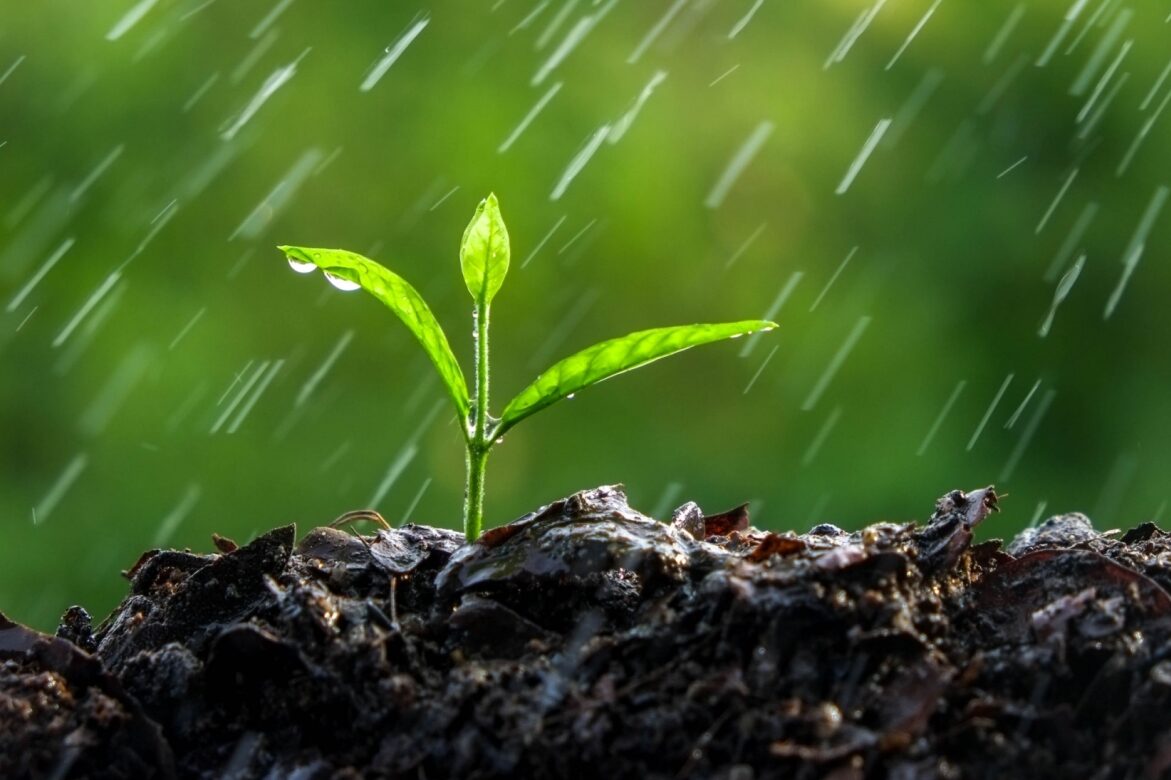
That fresh, earthy scent after rainfall is called petrichor, and it carries a story deeper than most of us realize. Humans can detect petrichor in amounts as tiny as 5 parts per trillion, while sharks, often praised for their sense of smell, only notice blood at about 1 part per million. That means your nose is roughly 200,000 times more sensitive to rain than a shark’s is to blood. When you pause to take in that familiar fragrance after a shower, you are not just smelling nature, you are experiencing a sensory superpower that quietly places humans in a league of their own.
2. The smell comes from bacteria in the soil
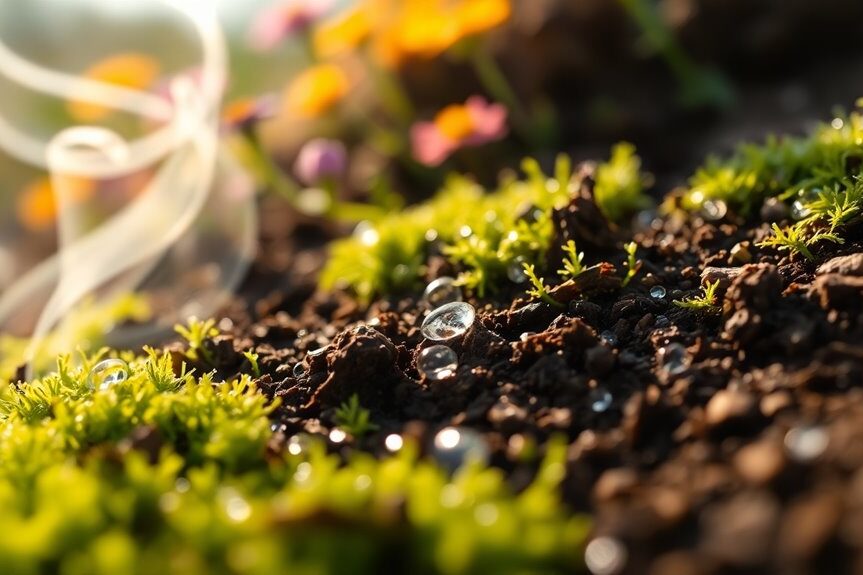
The scent of rain owes its origin to the ground beneath your feet. When raindrops strike dry soil, they disturb a compound called geosmin, which is produced by a group of bacteria known as Streptomyces. These bacteria are vital to soil health and also play a role in producing antibiotics, but for us, geosmin translates into the signature earthy fragrance of petrichor. Our noses are incredibly tuned to pick it up even in the smallest amounts, which explains why it feels so striking every time. Essentially, every time it rains, what you are smelling is life in the soil springing into the air.
3. The word “petrichor” has mythological roots

The name petrichor was first introduced in 1964 by two Australian scientists who wanted a term that captured the divine quality of rain on earth. They turned to Greek mythology for inspiration, blending the word petros, meaning stone, with ichor, which was believed to be the blood that flowed through the veins of gods. The result was a poetic yet scientific description that fit perfectly. Since then, the word has carried with it both science and myth, giving the experience of smelling rain a timeless identity. It is a reminder that something ordinary can still feel extraordinary with the right name.
4. You probably evolved to smell it
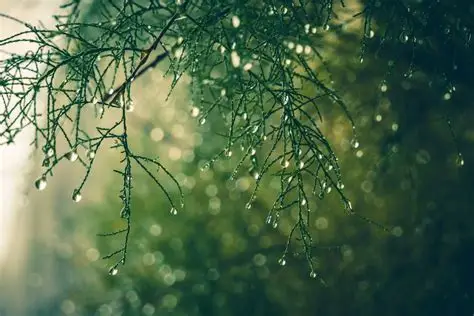
Your ability to notice petrichor so quickly is more than a simple sensory gift. Scientists believe it is linked to survival instincts developed by early humans. Rain often meant fresh water or the chance of fertile land nearby, and being able to smell it from afar gave our ancestors an important advantage. It may also have signaled the approach of storms, allowing them to prepare. Today, while most of us are not relying on it for survival, the heightened response remains with us. Each time you detect the fragrance, you are unconsciously carrying a skill rooted in human evolution.
5. It can trigger powerful memories

One of the most fascinating things about petrichor is its ability to awaken memory. Our sense of smell is closely tied to the limbic system in the brain, the part responsible for emotions and recall. This is why a whiff of rain can transport you back to childhood, bring back a first kiss under cloudy skies, or remind you of quiet afternoons with windows open during a storm. Unlike pictures or sounds, smell imprints moments more vividly, weaving emotions tightly with memory. That is why the scent of rain feels so comforting, it allows us to revisit experiences we once cherished.
6. Some animals hate it
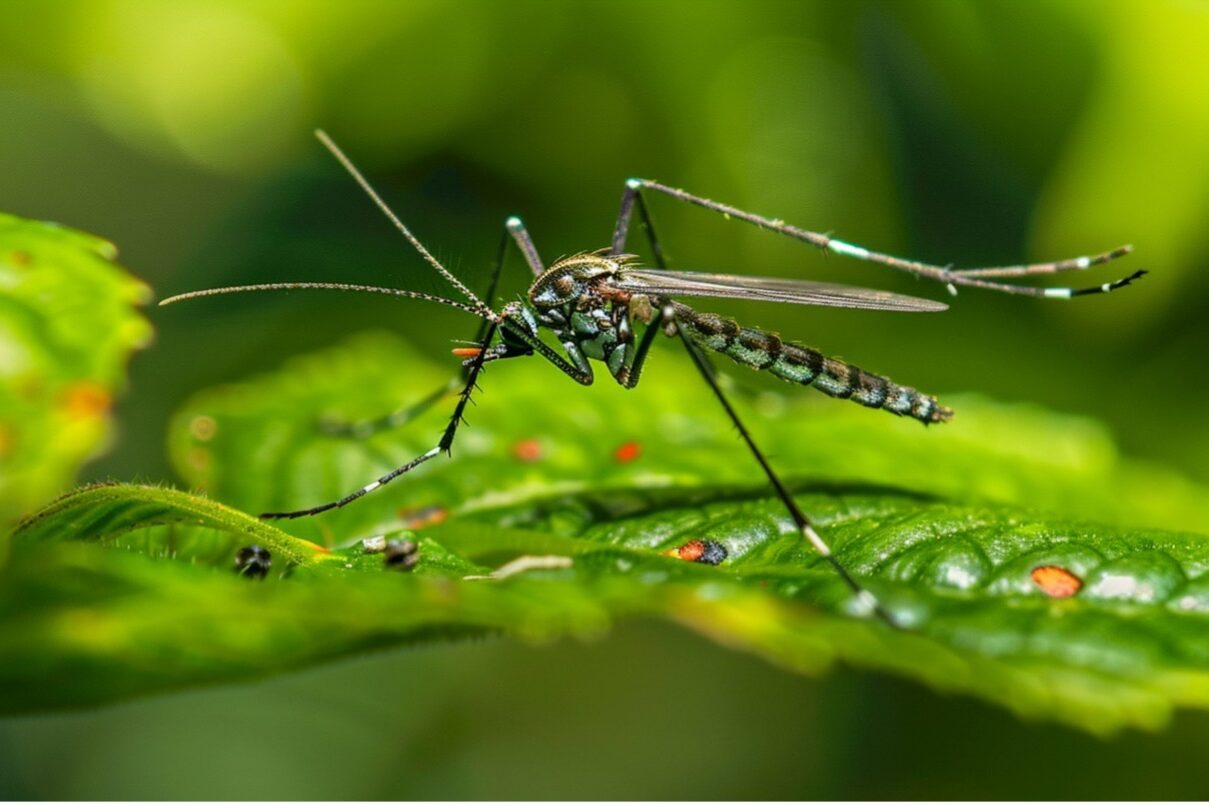
While humans often delight in the smell of rain, not every creature agrees. Certain insects such as mosquitoes and fruit flies actively avoid areas where geosmin is present. For them, the compound signals microbial activity or decay, something to steer clear of for survival. In contrast, humans interpret the scent as refreshing and natural. This striking difference shows how one chemical can send entirely opposite messages depending on the species. For us, the earthy fragrance after rain feels like home, for them it is a warning to escape. It is fascinating how the same scent divides the natural world.
7. The scent can travel fast, really fast
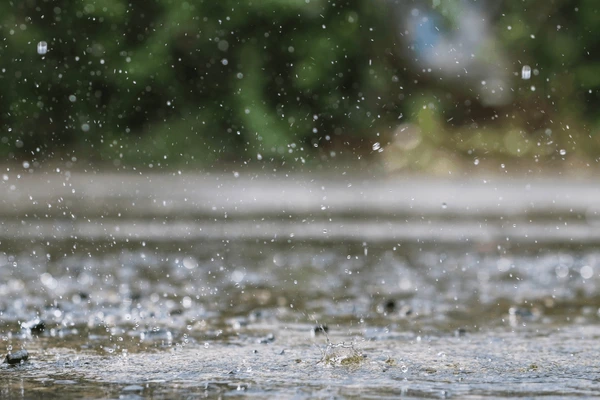
If you have ever noticed rain before you even saw clouds open, there is a reason. When raindrops land on dry soil, they trap air bubbles that quickly rise and burst into the atmosphere, carrying geosmin and other scent molecules with them. This process happens almost instantly, which explains why the aroma of rain seems to rush ahead of the storm itself. It is as though the fragrance rides invisible currents, spreading out across the air before the first drops soak your skin. The speed makes petrichor feel like a messenger of the weather, always arriving early.
8. You can smell it before the storm begins
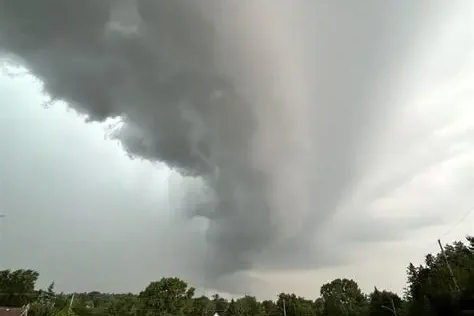
It is not your imagination when you notice the smell of rain minutes or even hours before it actually arrives. Thanks to how sensitive your nose is and the way winds carry air, petrichor can travel far ahead of the storm. This is why you may sense rain in the air while the sky above you is still clear. In a way, your sense of smell acts like its own weather prediction tool, quietly alerting you before raindrops ever fall. It is nature’s subtle reminder that sometimes your body knows what is coming before technology does.
9. Perfume companies try to bottle it, but it is tricky

The perfume industry has long been captivated by the idea of capturing the smell of rain. Yet as beautiful as petrichor is in the air, recreating it in a bottle is difficult. Geosmin smells rich and earthy floating naturally outdoors, but on human skin, it can turn sharp or sour. Still, perfumers continue to experiment, hoping to replicate the fleeting magic of a post rain shower. For now, no fragrance has perfectly matched it, but the attempts show just how irresistible the scent remains. We all want to hold onto that moment, even if only artificially.
10. It smells stronger after a drought
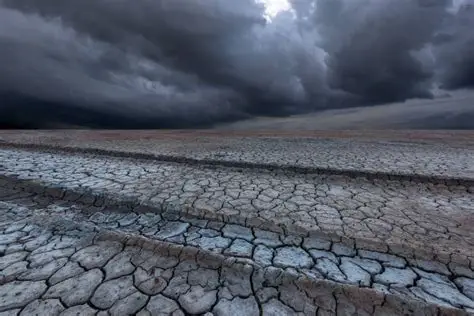
There is a reason the first rain after a dry season feels more intense. When soil sits dry for long periods, geosmin and plant oils build up quietly within it. Once the rain arrives, all of those compounds are suddenly released into the air, creating a richer, bolder aroma than you would notice during a light summer shower. This explains why monsoon or drought breaking rains feel especially powerful. They carry not just water but an amplified fragrance that fills the air. The scent becomes a reminder of how much the earth has been waiting for relief.
11. You may be genetically wired to love it

Your attraction to petrichor may go deeper than simple nostalgia. Some scientists believe our brains are wired to reward the recognition of rain, connecting it with survival, renewal, and clean water. Over time, this sensitivity may have become a built-in preference, ensuring that humans found comfort in the very things that sustained life. That could explain why the scent feels universally pleasing across cultures and ages. In the end, the smell of rain carries layers of meaning, from myth to memory to biology. It is the earth reminding us of renewal, one storm at a time.
This story Humans Smell Rain Better Than Sharks Smell Blood: 11 Wild Facts was first published on Daily FETCH


